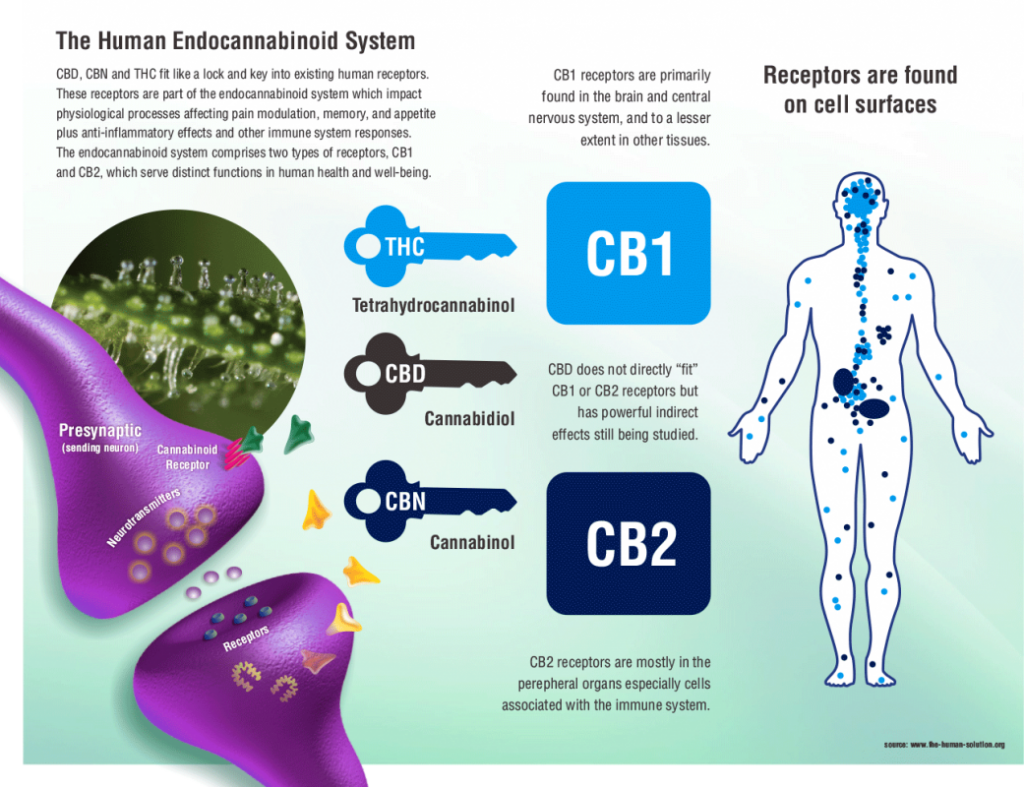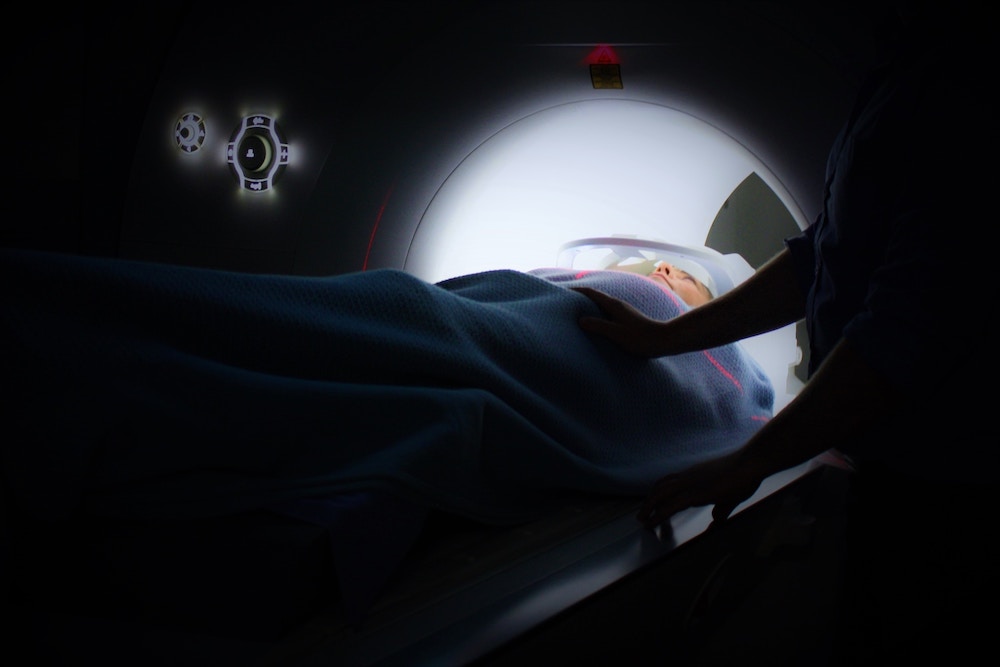Nearly 1 out of 2 Canadians are estimated to be diagnosed with cancer at some point in their life. More worrisome still is the fact that there is currently no cure.
Luckily, through advances in modern medicine, many Canadians are surviving past their diagnoses. In addition to the exciting technology fighting cancer, there have also been great strides made in how to manage cancer symptoms and treatment side effects.
For those seeking a more natural alternative, one plant in particular offers effective treatment of nausea, pain, and loss of appetite: cannabis.
How does Cannabis help cancer patients?
Cannabis contains chemical compounds known as cannabinoids (or phytocannabinoids). These chemicals react with specific receptors found throughout our bodies and can have a significant impact on how we feel. The receptors that respond to these chemicals are found in high concentrations in both our brain and immune system. When activated, these receptors can help treat pain, increase appetite and reduce inflammation.
Relaxation
For cancer patients specifically, cannabinoids can offer many positive benefits. First and foremost, cannabis is known for helping people relax and achieve a sense of well-being. Tetrahydrocannabinol (most commonly known as THC) is the cannabinoid that creates the sensation of being “high” but also allows the patient to feel euphoric and improve their mood.
Antioxidant Effects
Another exciting benefit of treating cancer with cannabis is the antioxidant effects phytocannabinoids can have on the body. Since many cancer treatments can cause oxidative stress, such as chemotherapy and radiation, cannabinoids can help protect cells from damage.
Cannabis for Cancer: More than just pain relief
Cannabis has also become well-known for its pain-relieving qualities, but there are many other ways that it can help patients battling cancer. Listed below are a few of the symptoms associated with cancer and its treatments:
- Nausea
- Vomiting
- Diarrhea
- Fatigue
- Loss of appetite
Cannabis is an effective treatment option for all these and is available to Canadian patients in a variety of forms.
Cannabis can help with nausea and vomiting
According to the Canadian Cancer Society, studies have shown that some cannabinoids can help relieve nausea and vomiting. They discuss the benefits of treating patients with a synthetic version of THC (Nabilone) when conventional anti-nausea drugs are not effective. Although they promote the pill form of these drugs, we believe the natural and unprocessed version is just as effective.
Cannabis can help stimulate appetites
Cannabis is also associated with stimulating the appetite. THC, in particular, can be a valuable tool to help encourage hunger. This cannabinoid can help cancer patients maintain their weight and remain more energetic during their treatments.
Fatigue, Relaxation, and Sleep
When it comes to fatigue, cannabis can cause and prevent feelings of exhaustion. Depending on the strain and the amount of THC, marijuana can help you relax and sleep. If the strain is higher in CBD, the effects could be more stimulating.
A 2006 animal study found CBD induced alertness in rat subjects, so it could have beneficial effects for those who are experiencing chronic fatigue.
Anti-Cancer Effects: Cannabis fighting cancer
We have already discussed how cannabis can help treat the symptoms linked to cancer and its treatments, but there is research coming forward that supports cannabis actively fighting cancer itself.
Although medical cannabis does not cure cancer, exciting research is showing off some of it’s potential. According to this research, cannabinoids are affecting cancer cells in a variety of ways. From reducing the size of tumours, to actively causing cell death to cancer cells, cannabinoids are garnering lots of attention from cancer researchers.

In a study published in 2007, it was discovered that the non-psychoactive cannabinoid, cannabidiol (commonly known as CBD), could kill breast cancer cells in mice. CBD was able to decrease the expression of the ID-1 gene, which in turn impacted tumour growth and aggressiveness.
Another study published in 2008 outlined the effectiveness of THC in inhibiting tumour growth in some forms of lung cancer. These results prompted researchers to recommend further exploration of cannabinoids to be used as novel therapeutic molecules in controlling the metastasis of certain lung cancers.
With cancer being the leading cause of death in Canada, this type of research is extremely promising. It is exciting to think about the impact cannabis research could have on this dangerous disease.
Visit our Calgary and Edmonton Medical Cannabis Clinics
The best way to know if medical cannabis can help you manage your cancer symptoms is to come in for a medical consult with a physician at one of our medical cannabis clinics in Calgary and Edmonton.
Appointments for Alberta residents are free and covered by Alberta Health Services. Prior to your medical consultation with one of our licensed physicians, you will be educated on how medical cannabis works in our body and how it reacts to our endocannabinoid system.
During your education session with a Cann-Expert, you will learn:
- The main differences between an Indica, Sativa, and Hybrid strain
- Benefits of THC, CBD, and Balanced strains
- The body’s unique Endocannabinoid Systems (ECS)
- The timing of inhalation vs ingestion
At the time of your consultation, your Revolution Medical Cannabis doctor will review your medical history and ensure that cannabis will not conflict with any medications you’re currently taking.
Our Calgary and Edmonton medical cannabis doctors will then prescribe the best treatment plan for you. Our team will guide you in selecting a licensed producer as well as the registration.
Schedule your appointment today to discover if cannabis can be paired with your current treatment plan.
Schedule Your Next-Day Appointment
Are you ready to explore the benefits of medical marijuana? Contact Revolution Medical Cannabis today and schedule your free appointment with a cannabis educator and physician.



